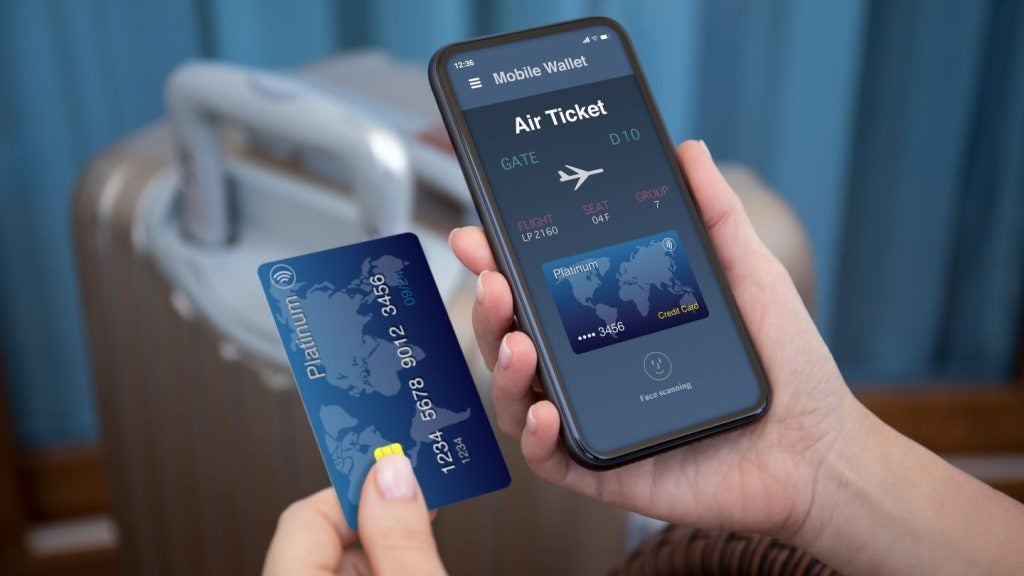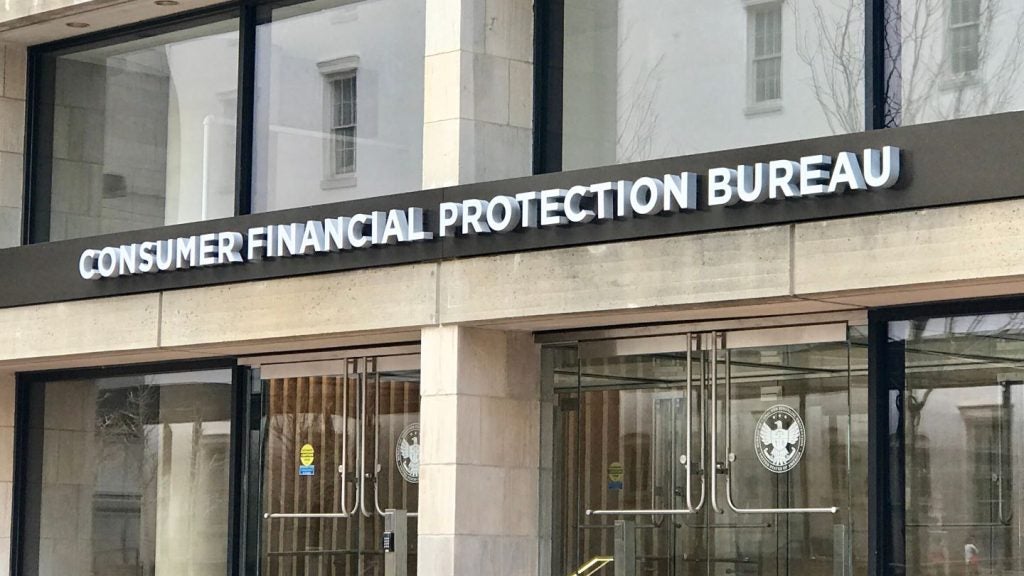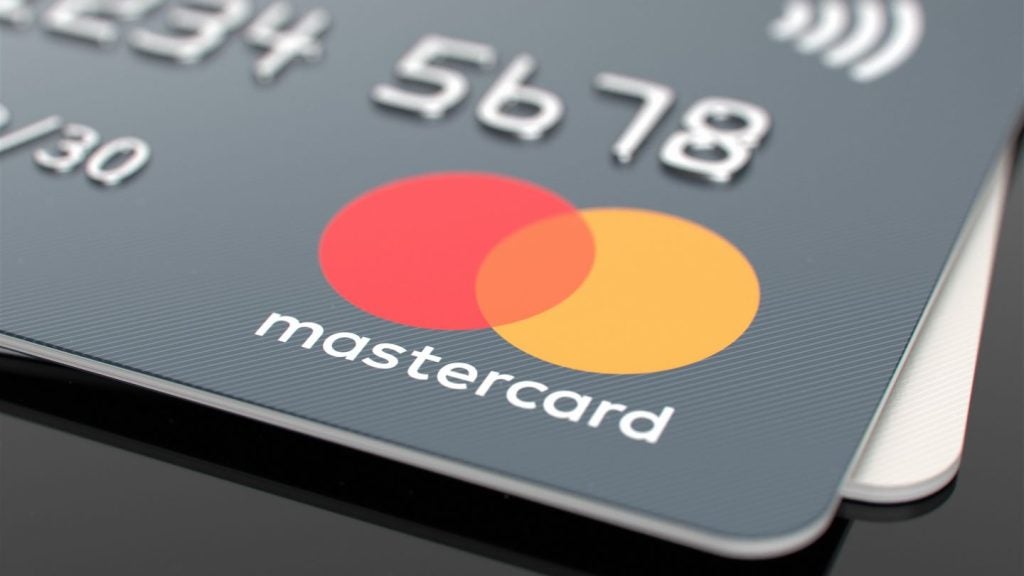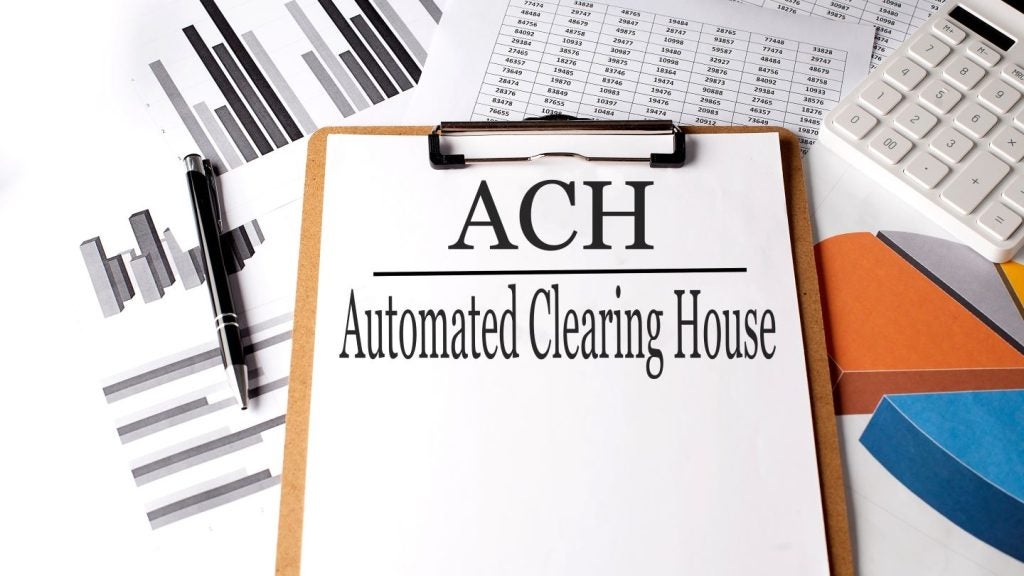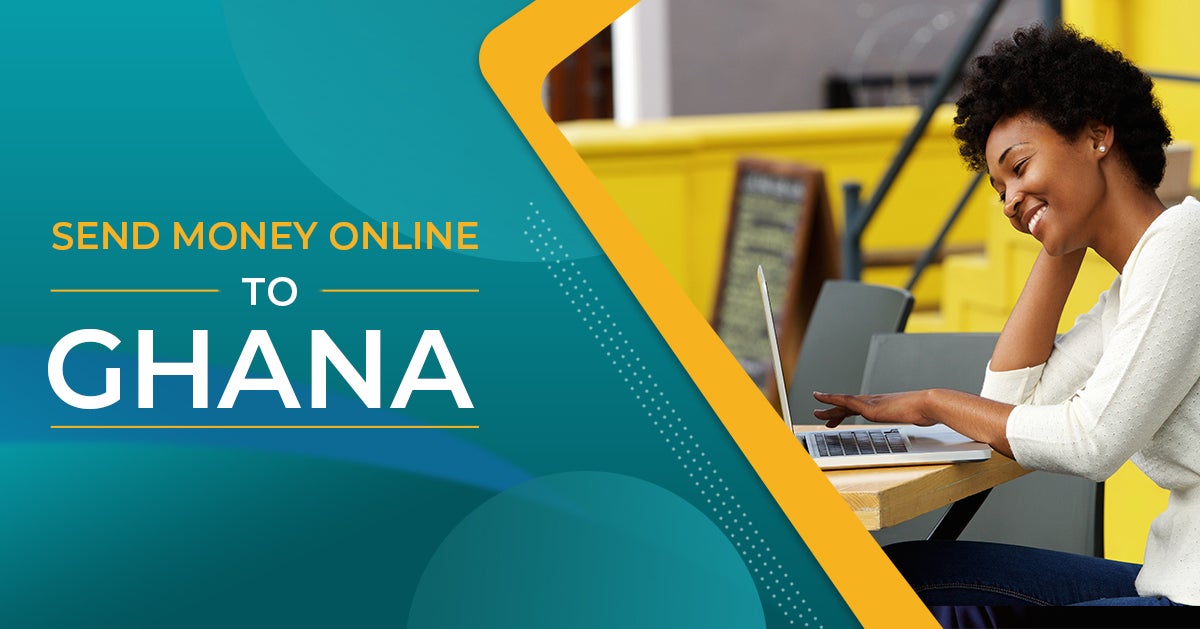
Ghana has announced enhanced measures to contain the Covid-19 pandemic. As Mohamed Dabo reports, the West Africa country is mobilising digital technology to take on the virus
Ghanaian authorities find that making payments remotely or without contact is proving to be one effective way to deal with Covid-19. Such payment channels enable people to pay without any physical contact with the recipient, unlike cash.
Ghana had a robust payment system before the pandemic broke, making it possible for many to use the existing remote electronic payment channels.
Some of these channels include paying people through internet banking and mobile banking apps, Gh QR and Mobile Money.
GhIPSS Instant Pay and the Automated Clearing House (ACH) are major services available on the internet and mobile banking apps of most of the financial institutions.
The ACH has three variants namely the regular ACH, the Express ACH and, the latest addition, the Near Real-Time ACH.
How well do you really know your competitors?
Access the most comprehensive Company Profiles on the market, powered by GlobalData. Save hours of research. Gain competitive edge.

Thank you!
Your download email will arrive shortly
Not ready to buy yet? Download a free sample
We are confident about the unique quality of our Company Profiles. However, we want you to make the most beneficial decision for your business, so we offer a free sample that you can download by submitting the below form
By GlobalDataMore efficient, convenient, and secured methods of payment
Speaking in an interview, the chief executive of Ghana Interbank Payment and Settlement System (GhIPSS), a subsidiary of the Bank of Ghana, Archie Hesse, urged the public to use remote electronic payment channels in order to reduce their exposure to covid-19.
He explained that the remote payment channels will not only help people stay safe, but they are also more efficient, convenient, and secured ways of payment.
“There is talk of a new strain of the virus, no one is exactly sure how that will play out in the coming year. It is my wish that this pandemic ends but while we wait for that to happen, let’s use these remote payment channels and stay safe,” Hesse noted.
While 2020 was a challenging year because of the coronavirus pandemic, many are hopeful that the new year will restore life to normalcy.
It is anticipated, however, that some level of restrictions and safety protocols will remain in place in 2021.
Hesse said GhIPSS will continue to work with financial institutions, Telcos and FinTechs to promote electronic payments, especially the remote or non-contact payment channels to support the fight against Covid.
GhIPSS with its partners, at the latter part of 2020 began educating the public about GhQR for payment.
The public education will be intensified in 2021, Hesse said.
Governments across Africa are leveraging digital solutions in the Covid fight
Other African governments have used digital platforms to launch Covid-19 information services and debunk misinformation.
In South Africa, the national health department set up a WhatsApp service to provide information to locals, from symptoms, prevention tips and testing information.
Importantly, the service also dispels false claims about cures, from eating garlic and beetroot to taking hot water baths and sensitises to scammers looking to take advantage of people’s fears.
In Nigeria, health authorities partnered with Facebook to send push notifications to users with information on symptoms and how to avoid infection, and with Twitter to elevate medical information from authoritative sources.
Other countries leverage mobile money to curb the spread of Covid-19. One fifth of African adults use mobile cash services.
In Kenya, Safaricom, the country’s largest telecom company, implemented a fee-waiver on East Africa’s leading mobile-money product, M-Pesa, to reduce the physical exchange of currency.
The move followed the directive by President Uhuru Kenyatta to “explore ways of deepening mobile money usage to reduce the risk of spreading the virus through the physical handling of cash”.
Similar measures designed to reduce the risk of Covid-19 transmission through mobile money were adopted in Ghana, Nigeria, and Uganda.
In Togo, the government digitised social payments to transfer mobile cash to informal workers whose incomes are disrupted by Covid-19.
The continent is still catching up, but moving fast
A recent World Bank blog noted:
“The world will increasingly rely on digital technology to help us weather the Covid-19 storm. Digital platforms help build more resilient societies to the pandemic, as people can now access official information, enrol in e-courses, take online jobs, send mobile money and even receive telemedicine—no matter where they live.”
According to Doing Business, a World Bank Group flagship publication, the widespread use of electronic systems is associated with more business-friendly regulations, a conduit for business creation and poverty reduction.
This is especially important for Sub-Saharan Africa as Covid-19 threatens to drive the region into its first recession in 25 years and push millions into extreme poverty.
All 20 economies that topped the global ranking in Doing Business 2020 have online business incorporation processes, electronic tax-filing platforms and online procedures related to property transfers.
In contrast, only one out of 48 Sub-Saharan African countries have all these digital systems, partly because the continent is still catching up on its internet data access.


